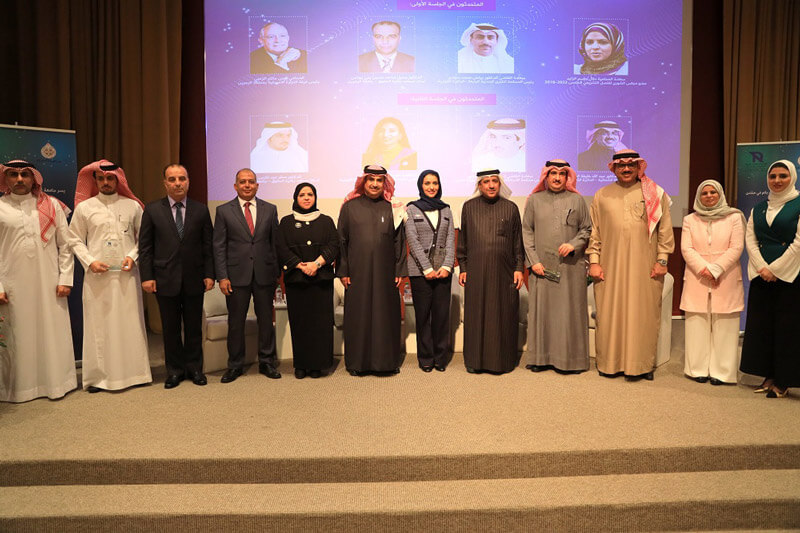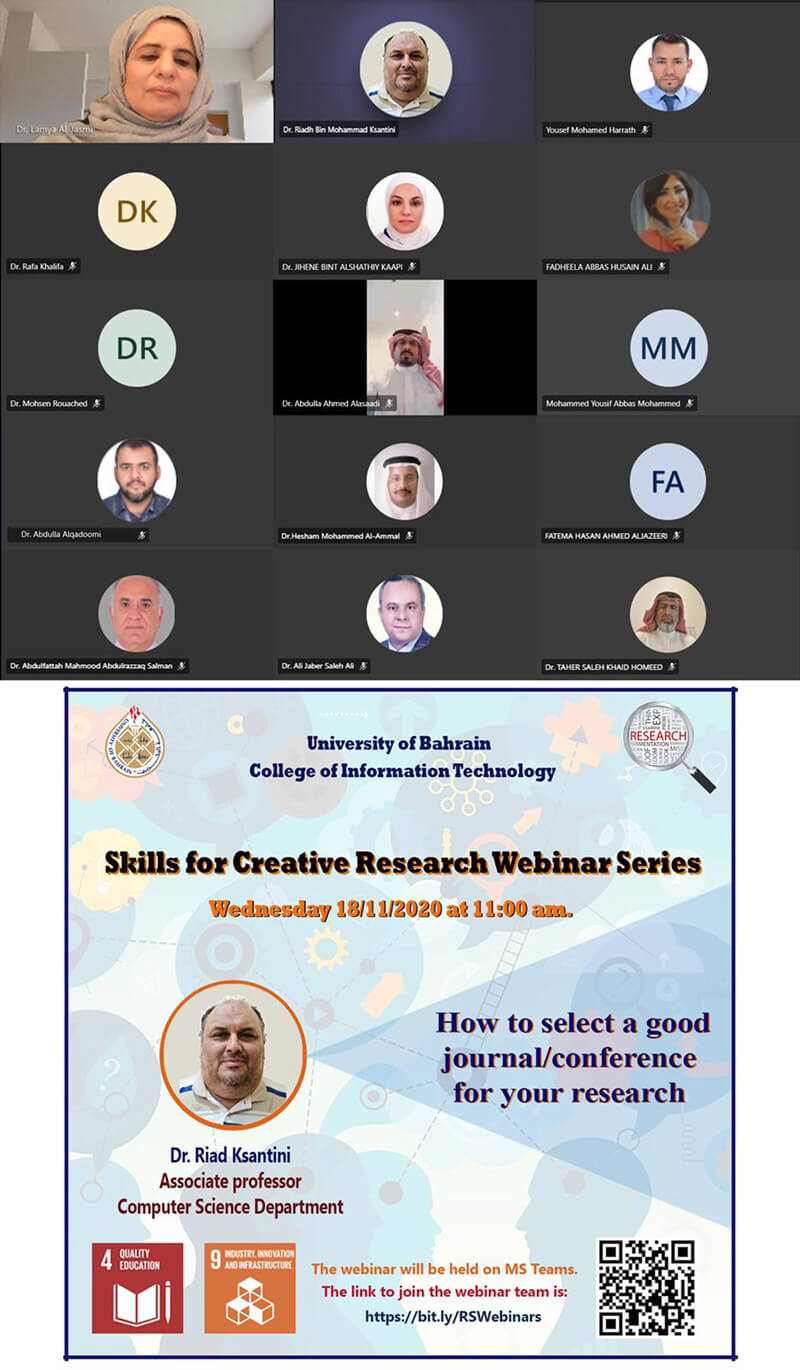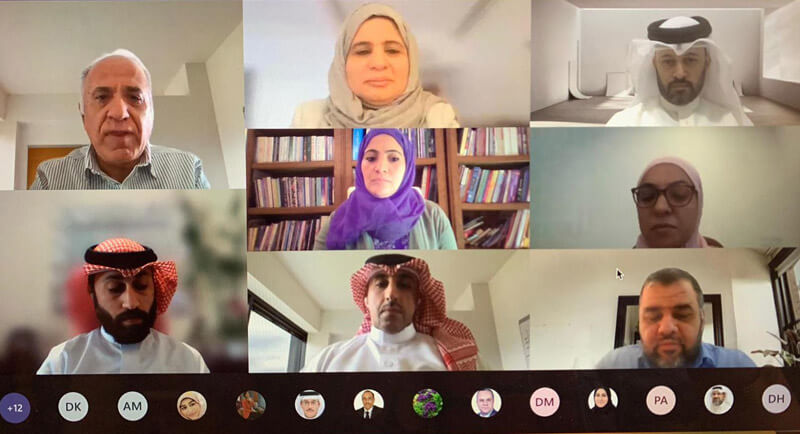NEWS
The “Digital Rights” Forum at UOB Calls for Applying Artificial Intelligence in Litigation

The “Digital Rights” Forum at UOB Calls for Applying Artificial
Intelligence in Litigation
At the end of the activities of the “Digital Rights Forum: Changes
and Challenges”, the participants recommended the importance of working on
concluding Arab agreements that regulate the right to be digitally forgotten, applying
artificial intelligence in litigation and its procedures, and using modern
technologies to facilitate the process of criminal case management and
communication between offenders and judges.
The forum which was organized by the Legal Clinic Center at the
College of Law, and the Computer Engineering Department at the College of Information
Technology at the University of Bahrain (UOB) had many speakers that discussed
“digital rights and information crimes in the information and communication
technology sector, and digital rights in light of civil and commercial
transactions and the laws of evidence.”
The participants in the Forum’s sessions called for the Supreme
Judicial Council website to include all final judicial rulings, even if they
are not issued by the courts of cassation, in order to benefit the legal
researchers and enable them to enhance their scientific research. They also called
for a legislation to regulate and limit the civil liability of the robot for
errors resulting from its actions.
In the same context, the speakers considered the importance of
including clear clauses in agreements for the use of electronic communication
sites that clarify the future of the user’s digital legacy, and to educate
merchants on the need to use the digital signature for the authenticity of
their electronic documents.
Moreover, the participants recommended establishing civil and
commercial courts specialized in electronic matters and contracts, provided
that the judges should be trained in the field of information technology, as
well as allocating a budget to establish a national center for electronic
public keys, similar to all Gulf countries so that everyone can benefit from,
such as the telecommunications companies and the banking sector, as they’re
considered safer and have the lowest operational cost, in return for a fee for
each approved certificate issued for electronic signature. And allocating part
of the state’s general budget for digital transformation in the judiciary field
for what this transformation requires of modern electronic resources and
systems.
Also, the recommendations included a call for further development
of the College of Law courses to integrate digital technology and artificial
intelligence courses within the Bachelor’s and post-graduate programs.
The Deputy President of the Supreme Judicial Council and President
of the Court of Cassation, Counselor Abdulla bin Hassan Al-Buainain, raised a
number of questions about the importance of digital justice in light of the new
rights, changes and challenges created by the digital revolution, during a speech
he delivered at the opening of the Digital Rights Forum, in the presence of the
Attorney General, Dr. Ali bin Fadel Al-Buainain, and the President of UOB,
Prof. Riyad Yousef Hamzah. Where he called for examining the answer to: how
necessary it is to pass legislation for civil and criminal procedures that keep
pace with these changes, the impact of digital transformation on procedures in
light of traditional court sessions in the presence of litigants, the court’s
taking over the secretariat, public hearings and the issuance of judgments in a
public session, and the challenges facing justice when introducing artificial
intelligence to the work of courts in terms of its impact on litigation
procedures and the judicial services of litigators.













